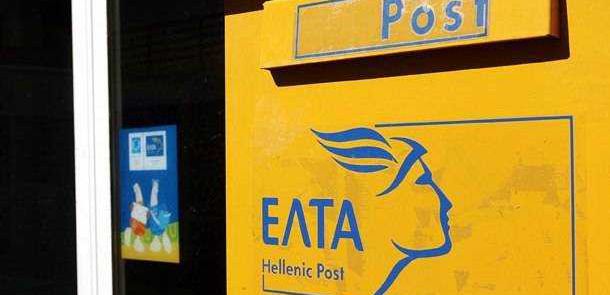The electricity market policy to be pursued by the forthcoming administration at ELTA (Hellenic Post), expected to be announced at a shareholders’ meeting tomorrow, is being eagerly awaited by market players.
ELTA, now also operating as an electricity supplier, has achieved a tenfold increase of its retail electricity market share in less than a year, from 0.09 percent in September, 2017 to 1 percent last month. This represents total supply of 750 million KWh.
For quite some time now, market officials have contended state-run ELTA could be selling electricity at break-even or even below-cost tariff levels. The issue gained wider exposure in April when it was disclosed that main power utility PPC customer electricity bill payments made at ELTA outlets were being systematically withheld by the postal company.
This prompted RAE, the Regulatory Authority for Energy, to launch an investigation to determine whether the delayed transfers of electricity bill payments, from ELTA to PPC coffers, were being deliberately orchestrated by the two utilities to financially support ELTA’s competitive pricing policies.
Rival suppliers suspect PPC may be colluding with ELTA so that the latter can provide further competition against independent power suppliers seeking retail electricity market share gains.
Last month, RAE summoned PPC to a hearing. The power utility submitted its defense, now being examined by the energy authority. ELTA has yet to be summoned by RAE but a hearing is expected within September, energypress sources informed. ELTA’s response at the upcoming hearing will serve as a reliable indicator of the firm’s prospective electricity market policies.
A strategic plan concerning ELTA’s restructuring, prepared by the country’s new super-privatization fund and delivered early this year, describes the energy sector as a high-risk market offering opportunities, as a result of liberalized markets, still-suppressed wholesale electricity prices and NOME auctions, as well as dangers linked to price fluctuations and elevated unpaid receivables concerning energy bills.





